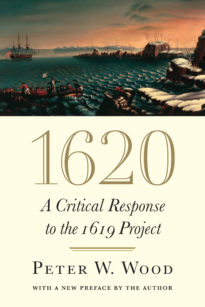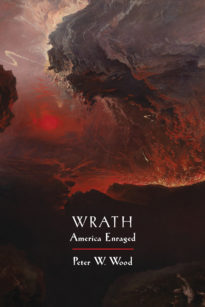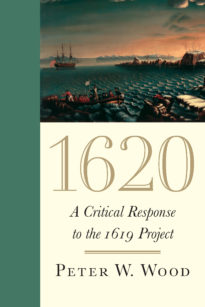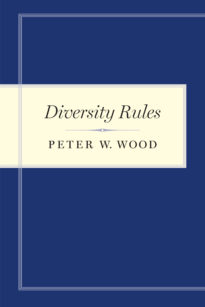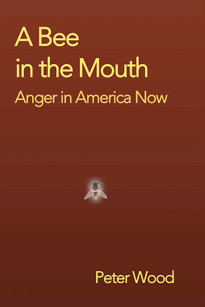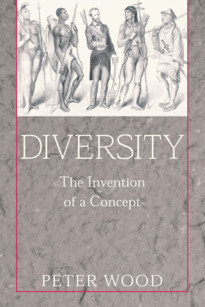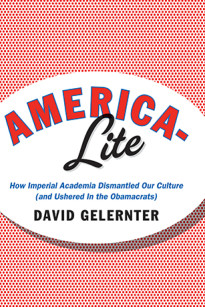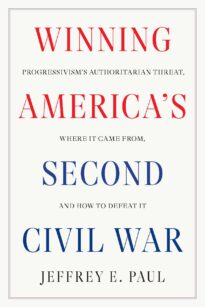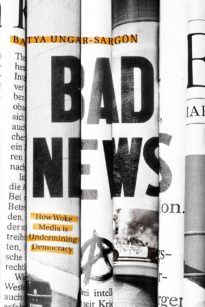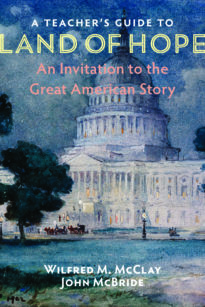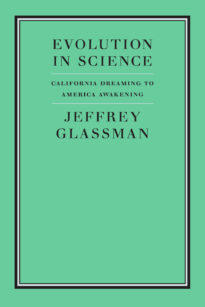Free shipping on all orders over $40
PETER W. WOOD is the president of the National Association of Scholars. A former professor of anthropology and college provost, he is the author of several books about American culture, including Diversity: The Invention of a Concept (2003) and Wrath: America Enraged (2021). He is the editor in chief of the journal Academic Questions and a widely published essayist. In 2019 he received the Jeane Kirkpatrick Prize for contributions to academic freedom.
Titles by this Author
-
Read More
Peter Wood offers a point-by-point response to the New York Times‘s 1619 Project and argues that the proper starting point for the American story is 1620, with the signing of the Mayflower Compact aboard ship before the Pilgrims set foot upon a new land.
- $20.99
- Add to Cart
-
Read More
Anger now dominates American politics. It wasn’t always so. “Happy Days Are Here Again” was FDR’s campaign song in 1932. By contrast, candidate Kamala Harris’s 2020 campaign song was Mary J. Blige’s “Work That” (“Let ’em get mad / They gonna hate anyway”). This is a book about how we got here—about how America changed from a nation that could be roused to anger but preferred self-control, to a nation permanently dialed to eleven.
- $28.99
- Add to Cart
-
Read More
When and where was America founded? Was it in Virginia in 1619, when a pirate ship landed a group of captive Africans at Jamestown? So asserted the New York Times in August 2019 when it announced its 1619 Project. The Times set out to transform history by tracing American institutions, culture, and prosperity to that pirate ship and the exploitation of African Americans that followed. A controversy erupted, with historians pushing back against what they say is a false narrative conjured out of racial grievance.
- $28.99
- Add to Cart
-
Read More
America’s traditional values of liberty and equality have recently been overshadowed by a new ideal: diversity. This ideal claims that group differences matter more than commonalities, personal freedom, and individual rights.
In Diversity: The Invention of a Concept, Wood told the story of how this hitchhiker on the Constitution has gained popularity since the 1970s. Diversity Rules covers what happened after Justice Sandra Day O’Connor bestowed the Supreme Court’s kiss of legitimacy on diversity in 2003. O’Connor opened the door to the promotion of identity politics, open borders, global citizenship, and the Green New Deal. More than a legal principle, diversity is a cultural edict that attempts to tell us who we are and how we should live.
- $8.99
- Add to Cart
-
Read More
In this double Broadside, Sol Stern shows how both sides of the education spectrum have misrepresented the Common Core, while Peter W. Wood explains how the Common Core actually lowers standards while pretending to raise them.
- $7.99
- Add to Cart
-
Read More
America has gotten into ugly moods before, but never as today. In taking us on a guided tour of American acrimony, Peter Wood traces the roots of anger’s triumph in our social and political world. He examines the liberating bromides of psychotherapists, the bellicosity of the war between the sexes, the broadsides of the ethnic separatists, and the jeremiads of fundamentalists of all stripes. is a provocative dissection of an alarming phenomenon.
- $25.95
- Add to Cart
-
Read More
Diversity is America’s newest cultural ideal. Corporations alter their recruitment and hiring policy in the name of a diverse workforce. Universities institute new admissions rules in the name of a diverse student body.
- $17.95
- Add to Cart

